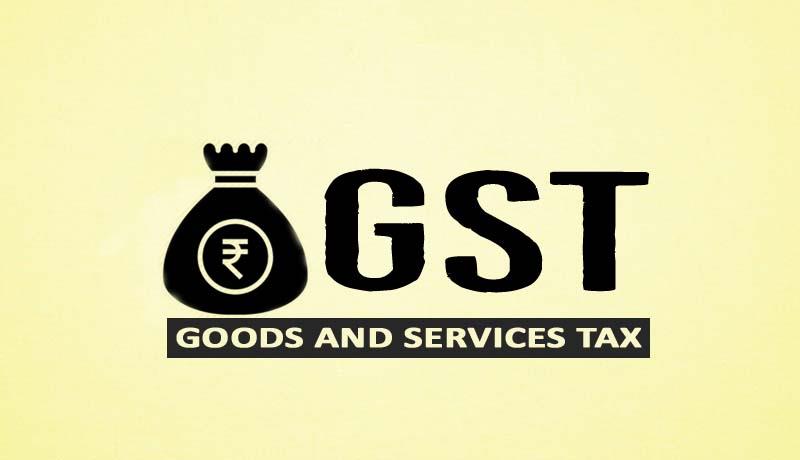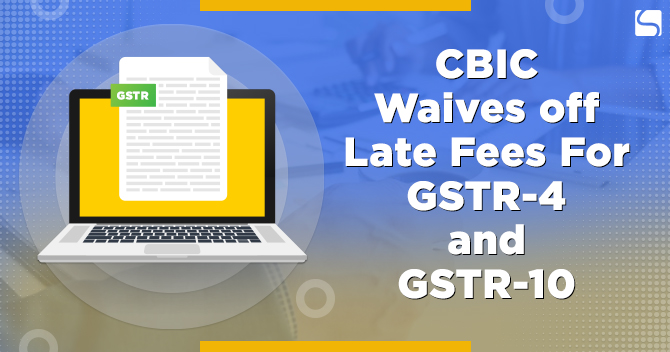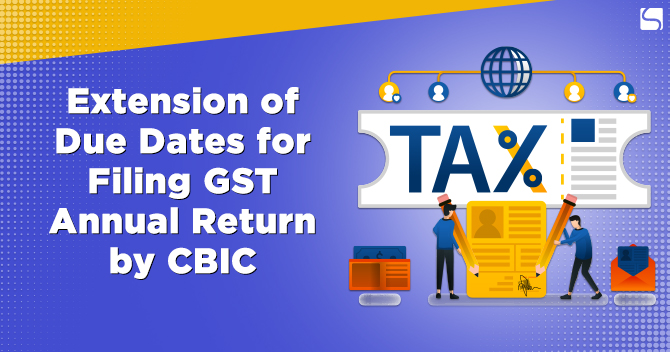What are the Benefits of GST Registration in India

Swarit Advisors | Updated: Aug 29, 2018 | Category: GST
Last year the Indian government took a revolutionary initiative and replaced the plethora of indirect taxes with a single tax system known as Goods and Service Tax in short know as GST. It was done with an objective of simplification of the taxation system in India and promotes ease of doing business through the elimination of all the glitches of previously running taxation models. In this article, we will discuss the Benefits of GST Registration in India.
In this past year after the implementation of this mega change, there have been mixed reactions of taxpayers and other key market players and industry experts.
Few such benefits of GST Registration (Goods and Service tax) are listed here;
Table of Contents
The Eliminated Multiplicity of Taxes
As we discussed GST replaced all the previously implemented indirect taxes. Earlier one single taxpayer was required to register under different tax regimes and complete all the compliance requirements under all such respective tax laws. After GST was introduced only one registration and its compliance requirement are to be met with.
Eliminate Cascading effect of Taxes
Due to a multiplicity of taxes, there were many problems faced by the taxpayer, and one very common issue was double taxation also termed as a cascading effect of taxes. This means that a taxpayer is required to pay double tax on the same value due to glitches in the taxation system. GST has eliminated that issue completely as it is a tax to be paid on every value addition and every taxpayer has a right to claim input tax credit of inward supplied at the time of computation of actual tax liability.
Higher Threshold Limit for Registration
In most of the states the threshold limit of annual turnover for registration for VAT was set at 5 lakh and for service tax, it was 10 lakh rupees. Under Goods and Service Tax this limit is set at 20 lakh rupees except only for special category states. Thus many small-scale businesses were not covered under the mandatory GST Registration requirement. This was a major relief as making sure all the compliance requirements are met was very hard for such small-scale entrepreneurs.
Unified and Reduced Compliance
Previously a single taxpayer was required to ensure all the compliances under different tax laws. After the unification of indirect taxes into one, only one set of return requirements under GST is required to be complied with. This ensures that the taxpayer has more time to focus on its business.
Simplified Online Procedures
In this digital era, one most important feature that was introduced in Goods and Service Tax regime is that starting from registration, return filings, refunds requests, modification, cancellation etc. everything can be done through GST portal. This has simplified the tax compliance and saved time and energy wasted in department visits by the taxpayer.
Coverage of unregulated sectors as well as E-commerce under GST
Earlier many industries like construction, textile etc were very unregulated and unorganized in their working. After GST implementation these unregulated sectors are covered under Tax laws. Other than these unregulated sectors E-commerce sector were not liable to pay indirect taxes. But, under GST e-commerce has been totally covered under the Tax regime[1] and straight forward laws are implemented.
Also, Read: GST Registration Process in India.














